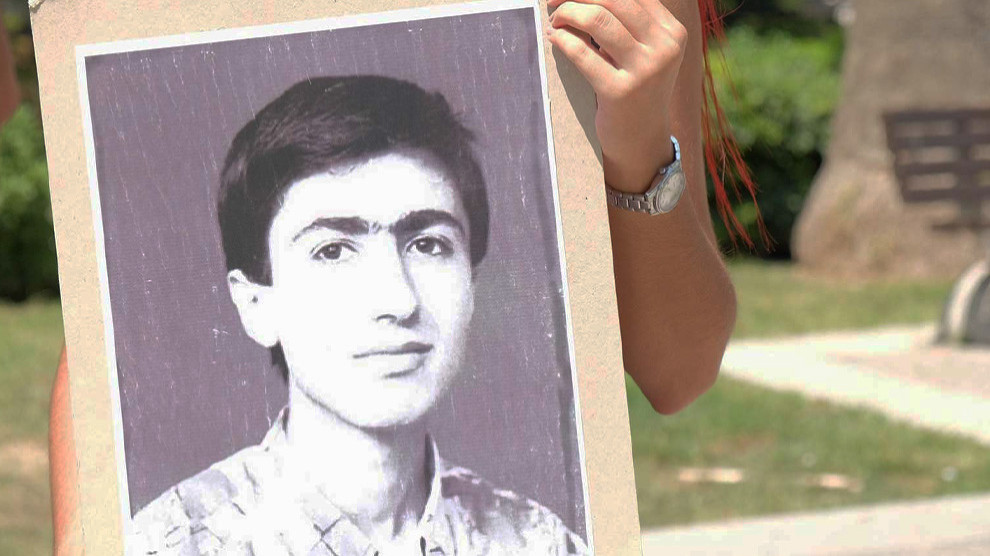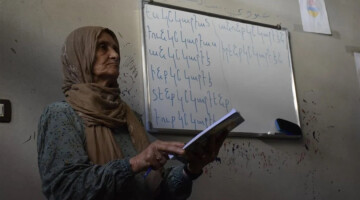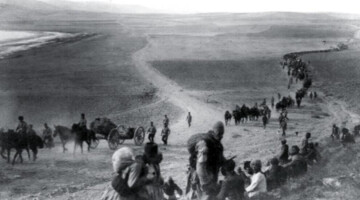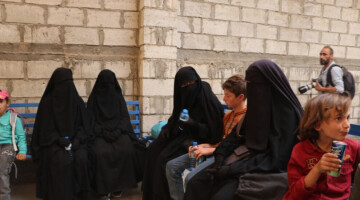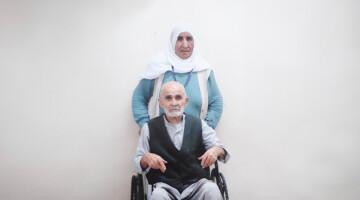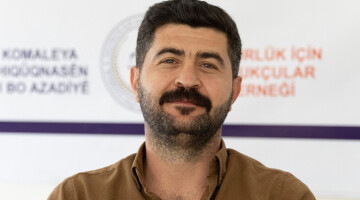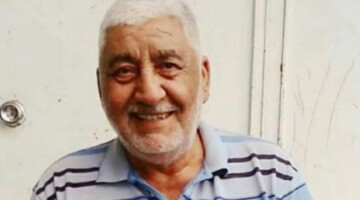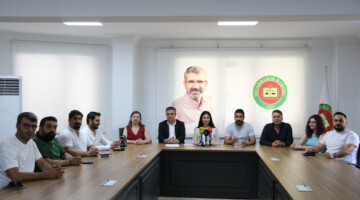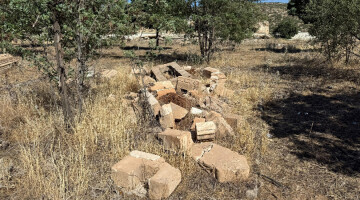Ferhat Tepe was just 19 years old when he was kidnapped by the Turkish counter-guerrilla in the city centre of Bitlis in Northern Kurdistan on 28 July 1993. For a few months he had been working as a correspondent for the now banned daily newspaper Özgür Gündem ("Free Agenda"), which was the first of its kind to address the Kurdish question in Turkey. Tepe's father İshak, who at the time was chairman of the provincial association of the DEP (Democracy Party, banned in 1994), received a phone call on the day of his son's abduction from a man who introduced himself as a member of the "Turkish Revenge Brigade". He demanded the closure of all DEP party offices and a billion Turkish Lira ransom for Ferhat Tepe. The caller was identified by İshak Tepe as Korkmaz Tağma, brigade commander in the Turkish military. On August 6, the body of the severely tortured Ferhat Tepe was found on the shore of Lake Hazar in Elazığ, almost 350 kilometers away. The news of his death came on the same day as the news of his admission to study journalism, as his mother Zübeyde Tepe later told in an interview.
Tepe’s lawyer Şevket Epözdemir also murdered
According to eyewitness reports, Ferhat Tepe was detained for at least a few days in the provincial command of the gendarmerie (military police) in Amed (Diyarbakir). Four months after his violent death, his lawyer Şevket Epözdemir, chairman of the DEP as well as the human rights association IHD in Tatvan district of Bitlis, was also kidnapped. Previously, the lawyer had been repeatedly coerced by state forces into resigning his mandate. His body was found in Bitlis on 26 November 1993. Epözdemir had been executed with a shot in the head. Neither in his nor in Tepe's case were those responsible found. In 2003, the European Court of Human Rights (ECtHR) condemned Turkey for its inadequate criminal investigation into the state murder of Tepe and awarded compensation to his relatives.
Mother of Tepe with the Saturday Mothers
Ferhat Tepe's mother Zübeyde later became involved with Istanbul's Saturday Mothers, where women have been protesting in weekly sit-ins since 1995, analogous to the Argentinean "Madres de la Plaza de Mayo", with pictures of their relatives against their "disappearance" and demanding information about their whereabouts. On August 25, 2018, however, the police broke up the peaceful protest of the women with tear gas, plastic bullets and water cannons. On this day, the Initiative's vigil was held for the 700th time. Numerous participants, including elderly relatives of people who have been victims of disappearances, were mistreated. In addition, the police temporarily arrested 47 people. Since then, the Turkish authorities have prevented the Saturday Mothers' meetings in the ancestral Galatasaray Square in Istanbul's pedestrian zone Istiklal Avenue. Instead, the women met every Saturday in front of the branch of the Human Rights Association (IHD) in the small side street Çukur Çeşme to ask about the whereabouts of those missing- until the Coronavirus pandemic. Since the outbreak of the virus disease, the actions have been taking place virtually.
Zübeyde Tepe: We will not give up Galatasaray Square
In today's 802nd action, Ferhat Tepe's parents and his sister Ayşe Tepe Doğan again demanded that the murderers be punished. Zübeyde Tepe emphasized that Korkmaz Tağma, who after his "career" in the Turkish military worked as a columnist for the newspaper founded by Fethullah Gülen and meanwhile outlawed Zaman ("Die Time"), still enjoys a life in freedom. "He is the murderer of my son. He is responsible for the abduction and murder of our children. As a Saturday Mother, I make it very clear: we will not give up Galatasaray Square. It is the place of our children, where our resistance will continue for them."
Repression against Özgür Gündem
Repression of the media, from arrest to abduction and murder of journalists, has a long tradition in Turkey. Kurdish media and media workers, above all Özgür Gündem and its successors, are particularly affected by this. Eight of their correspondents and 19 distributors alone were murdered between 30 May 1992 and April 1994. In December 1994 the editorial offices in Istanbul and Ankara were blown up on the orders of the then Prime Minister Tansu Çiller. Nevertheless, Özgür Gündem managed to publish an issue with the headline "This fire will burn you too! In 20 years a total of 76 employees of the newspaper were killed.

